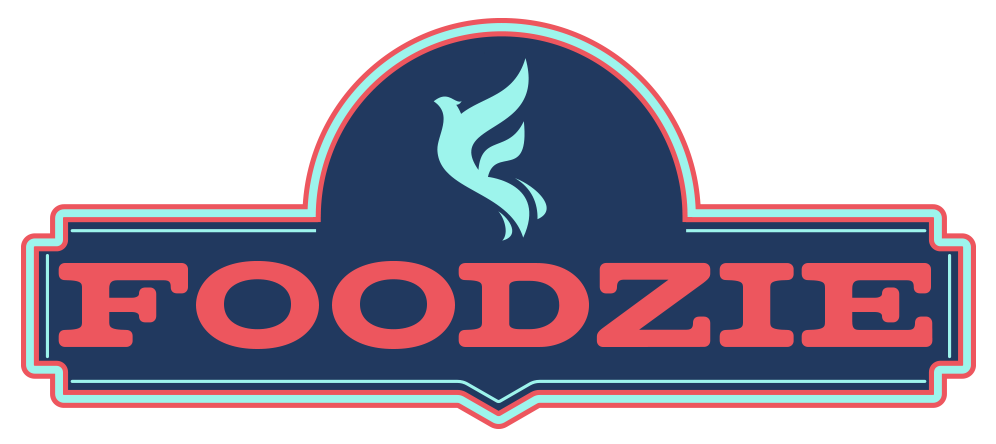Do you often get a stomach ache after eating? Have you been diagnosed with Irritable Bowel Syndrome (IBS) along with 45 million other Americans? If not, it’s important to see your doctor right away; take the first step toward a healthy stomach and say goodbye to a turning tummy.
If you have been diagnosed with IBS, and are having trouble eating the right foods, you’ve come to the right place. Here, we’ll list the best foods for IBS sufferers or those with frequent stomach aches. If you always have these ingredients in your home, it will be easier to avoid eating something that may make you sick.
The 7 Best Foods for IBS Sufferers
Lean Meat
Lean meat is one of the best foods for IBS sufferers. It’s the foundation for most meals and is made of mostly protein, which is easy to digest. So, it’s important to keep it in your kitchen.
“Lean meats are comprised mainly of protein. Protein is easily digestible and is not fermentable by gut bacteria—which translates to no unwanted intestinal gas!” Very Well Health reported.
Plus, meat is something that will fill your belly so you can skip the desserts that most likely contain an ingredient that won’t agree with you. When stocking your kitchen, be sure to pick up some white meat chicken and turkey, pork and lean cuts of beef.
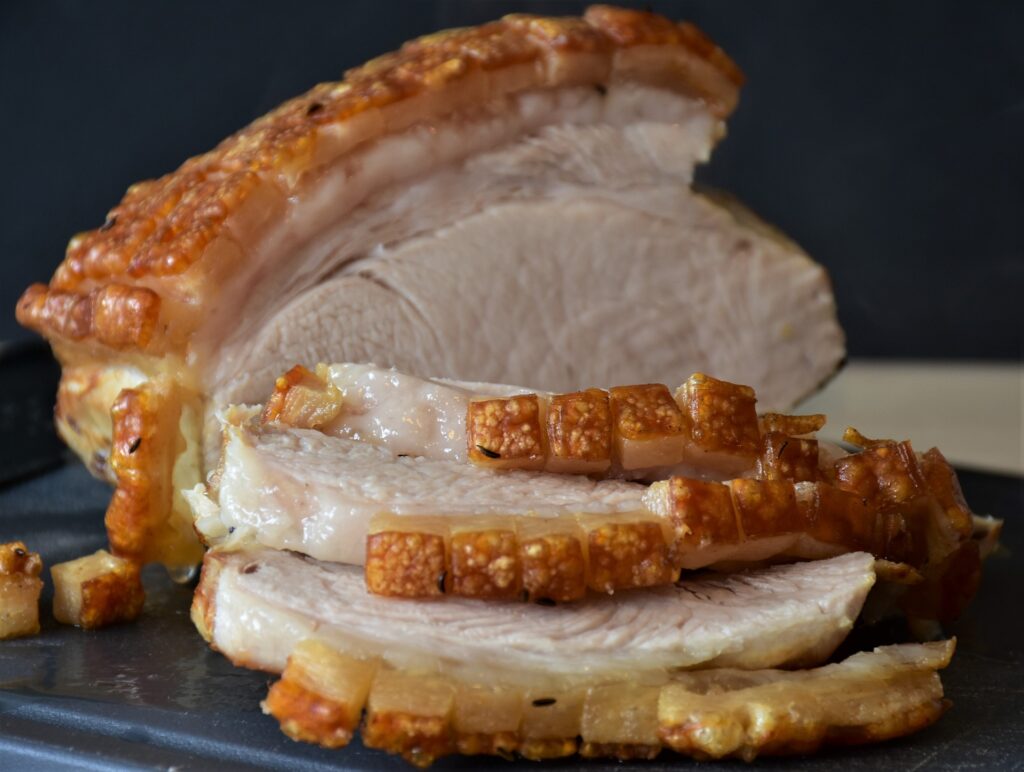
Gluten Free Grains
Whether you have a problem with gluten or not, it’s a good idea to keep gluten free grains in your kitchen if you suffer from IBS. Oats, sorghum, buckwheat, millet, and quinoa are good options to choose from, according to Good Housekeeping.
These grains go perfectly with lean meat and can create a delicious meal that shouldn’t cause any stomach pain.
Fermented Foods
Stocking your kitchen with fermented foods is a smart idea when you have IBS. Fermented foods contain natural strains of probiotics, the good bacteria our bodies crave. Get some yogurt, fermented vegetables like kimchi and fermented drinks such as kombucha in your refrigerator as soon as possible to improve your gut health.
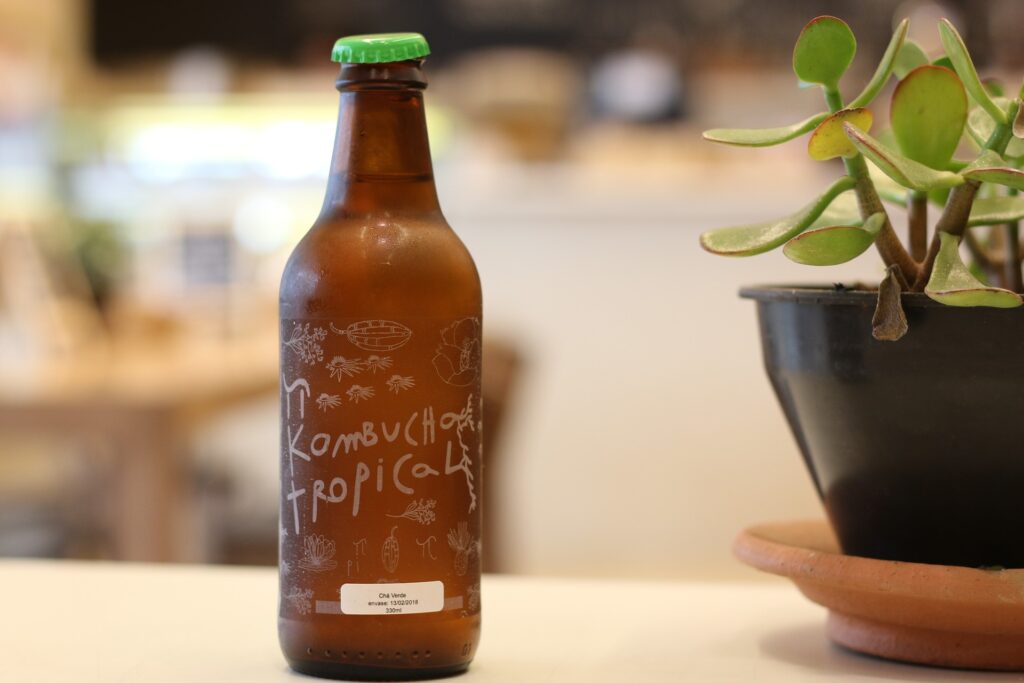
Eggs
Eggs are another best food for IBS sufferers. They are packed with protein, and can be easy to digest for some.
“Eggs are an excellent source of protein and don’t typically provoke IBS attacks. If fat is a trigger for you, use just the egg whites,” Franciscan Health reported.
The best thing about eggs is that they can be prepared in many different ways. Eat them hard or soft boiled, scrambled, poached, over-easy, or in an omelet. The options are endless. Eggs are also a good choice if you’re eating out and don’t want to risk getting sick.
Seeds
Chia seeds and flaxseed benefit those with IBS, Very Well Health reported. Both types of seeds are a good way to get fiber and omega-3 fatty acids into your system; both promote gut health. Put these seeds on top of oatmeal or a salad and enjoy, worry-free.
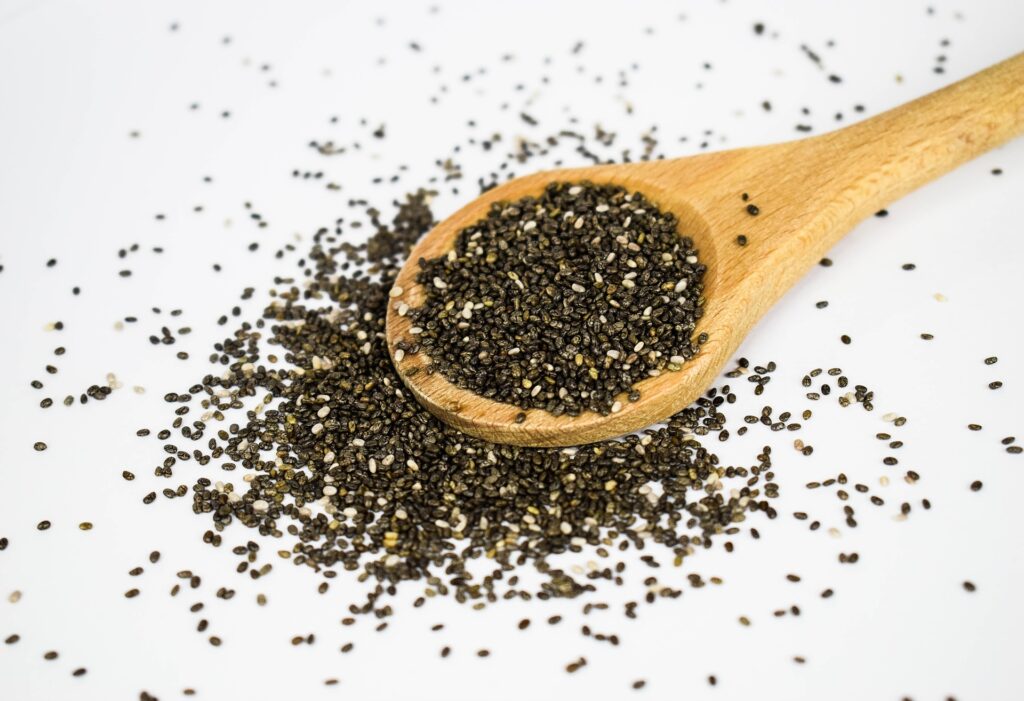
If you’re thinking of trying an elimination diet, like the FODMAP diet, snack on pumpkin or sunflower seeds. Eliminating foods from your diet allows you to figure out exactly what is bothering you, so you can avoid those things in the future.
Fruits
Fruits are an important food to keep in your kitchen if you suffer from IBS or frequent stomach aches. However, keep in mind that fruits contain the sugar fructose, and that is not always best for those with IBS. You’ll want to keep fruits with lower levels of fructose in your kitchen, including bananas, citrus, grapes, and berries, according to the Cleveland Clinic.
Vegetables
Like your mom always said, you have to eat your vegetables. However, when it comes to vegetables, some can cause gas and an upset stomach. It’s important to be selective.
While vegetables are a good kitchen staple for those with IBS, be sure to stay away from veggies like artichokes, brussel sprouts, broccoli, cauliflower, cabbage, and asparagus. Better choices for you would be eggplant, green beans, carrots, spinach, squash, and sweet potatoes, the Cleveland Clinic reported.
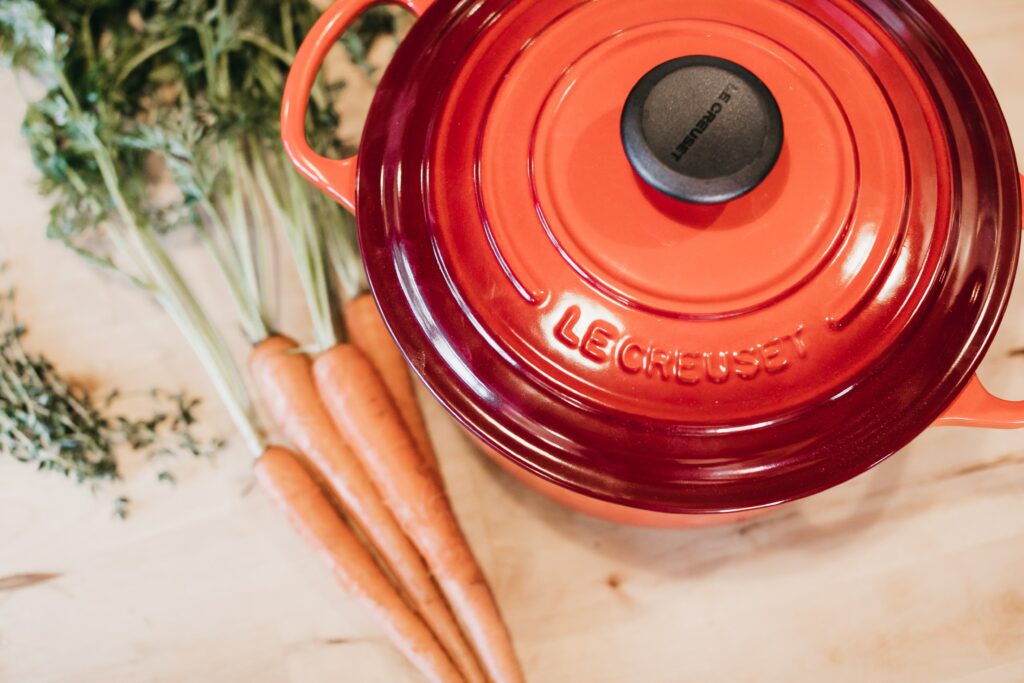
It can’t hurt to keep some ginger or ginger ale in your kitchen in case your belly starts to bug you; both can soothe an upset stomach. It’s also important to know what to avoid. The foods that typically cause issues are dairy, insoluble fiber, coffee/caffeine, chocolate, and nuts, according to IBS.org. Be sure to stay away from those foods whenever possible.
ABOUT THE AUTHOR:

